People share what life is like being brown in the aftermath of a terror attack
If you look like you could be Muslim, the period following a terror attack can come with additional unwanted feelings.

The thoughts of everyone are with the victims of the Manchester terror attacks, and probably will be for some time.
The days after such an attack, as has become apparent too often recently, can feel disorienting.
But if you’re visibly Muslim, or just look like you could be, the period following a terror attack comes with additional unwanted feelings.
We spoke to a number of Muslims and people who get mistaken for Muslims, based around the UK, to get some of their perspectives.
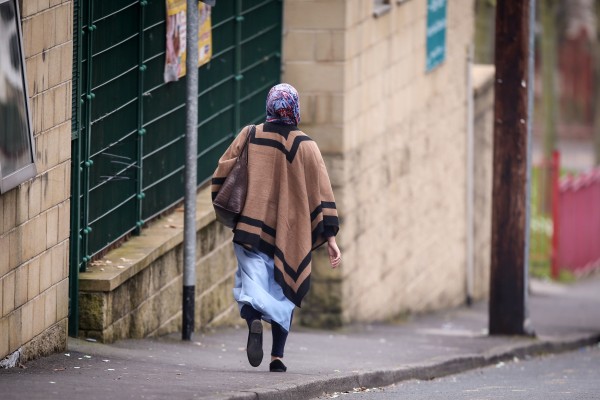
“After any attack around the world, whether it be here in the UK or elsewhere, I think I’m always conscious about what the perception is of me within the public.”
Many of the people we spoke to said that they can feel self-conscious following terror attacks while out in public, like you’re “being watched as if you have no right to be here”, said Jatinder, a 50-year-old teacher who experienced racism in the street following the 7/7 bombings in London.
A British study in 2014 observed that a “significant increase” in hate crimes against Asians and Arabs occurred almost immediately after the 9/11 and 7/7 terror attacks – and while they did fall again, they still remained at higher than pre-attack levels a year later.
“I hope that everybody sees me as another human being but, as you hear about hate crimes as a result of any terrorist attack, you’re bound to be conscious of how others behave around you,” Jaideep, a 22-year-old IT project manager, said.
Ra’ed, a journalist based in London, spoke on a feeling of “blame”.
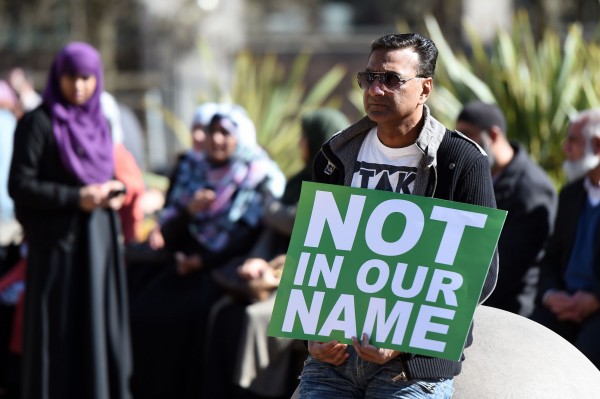
He said: “When attacks as abhorrent as Manchester’s happen on or near our soil, myself and other Muslims often immediately have this sense of carrying a blame for a crime we have not committed. You begin to question and doubt silly everyday occurrences, for example if someone chooses to stand on the Tube rather than sit on the empty seat next to you, are they scared of you or angry? Or when you notice an elderly woman looking at you more than usual, is it based on the fact you have a beard?”
The internet can be just as bad, he said. “It’s deeply upsetting and isolates many of us in a time where we all need to come together in solidarity to put an end to the divisiveness once and for all.”
But not everyone feels that way. Raich, a 27-year-old from Derby, said people have gone out of their way to make him feel welcome following attacks.
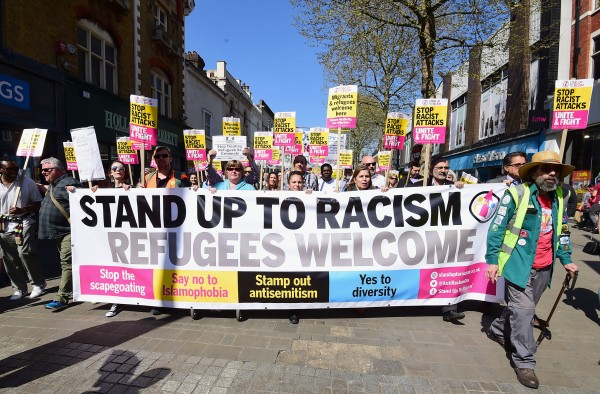
“If anything people have made me feel comfortable talking about the attack, engaging in a totally fair way,” he said. “Although I can imagine that people are cautious around Asian males my age due to the stigma attached.”
Plenty of the people we spoke to said that living in multicultural cities like London can lessen the impact.
“In my opinion, any human would and should condemn any act of terror or violence against anyone.”
What follows terror attacks are usually calls from newspapers and pundits for Muslims to condemn them, to “do more”.
Malika, a 27-year-old interpreter living in Paris, said: “Theoretically speaking, I don’t think that anyone should feel obliged to openly condemn terrorist attacks when they occur.
“In some way, when Islamic leaders do give statements following attacks, it is almost like the onus is placed on them to take responsibility for the acts of extremists, which I think has been in some cases misinterpreted as an apology of some sort. This in turn associates the attacks with a religion that actually isn’t being represented.”
She added: “That all said, while I don’t think that it should be a responsibility, I think that for the sake of social cohesion and to avoid further tensions within a society, Muslims do find themselves having to openly condemn the attacks.”
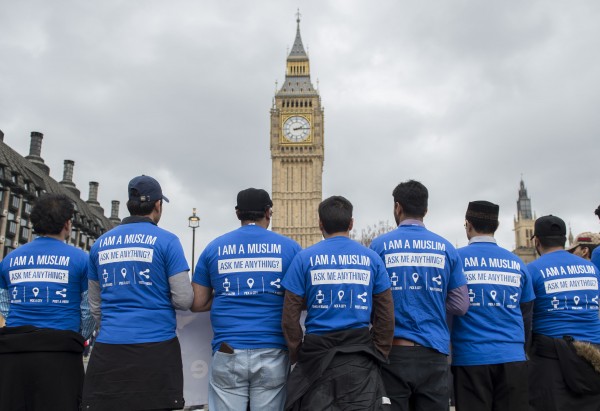
Fara, a 51-year-old relationship manager in London, said it’s all of our responsibilities, but “I should add my voice as a Muslim and as a member of the community”.
Ra’ed spoke about a double-standard regarding which groups are asked to condemn attacks.
“There are pregnant Muslim women being kicked and losing their children at the hands of white supremacists, mosques being burnt down and so many attacks against the Muslim community – but to ask people to condemn that or to blame all white people would be silly,” he said.
“We are intelligent enough to know that evil acts of terror committed by one individual do not represent that of an entire community – nor should that community continue to be held responsible for it.”
“I fear for my children just the same as a non-Muslim does.”
A key theme in the messages people wanted to get across to those who might fear Muslims, or Islam, is that there’s no separation between Muslims in the UK and anyone else.
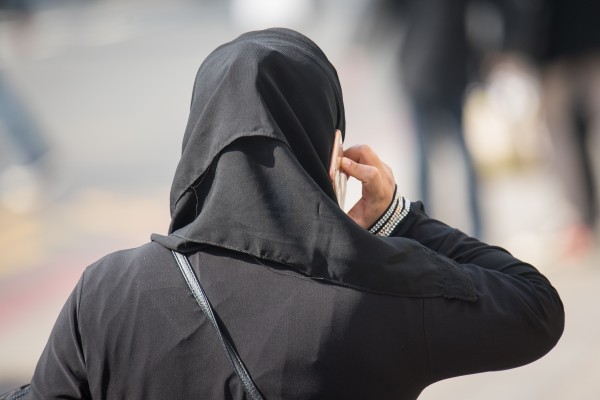
“In the UK Muslims are also part of mainstream society and therefore as likely as anyone to be victims. I fear for my children just the same as a non-Muslim does, they use buses and trains, go to football matches and visit entertainment venues,” Huda*, a school administrator from London, said.
Malika said: “I think that a lot of Muslims actually feel wronged and get angry when their religion is used as a guise for the heinous agenda of extremists but unfortunately, they are the ones who have to bear the brunt during the aftermath. After every attack, there has been an increase in hate crime and/or discrimination against Muslims, yet the man that is being verbally abused in the street, hasn’t actually done anything wrong.”
Ra’ed said: “For the past two years, I have been travelling to refugee camps in Europe helping those fleeing terror attacks – children without arms or legs – and it is an insult to their bravery to label them the same as the very twisted individuals who have ruined their lives.”
“Muslims are your neighbours, your doctors, your dentists, your taxi drivers, the everyday person who is just like you. Do not let these terrorists win by creating fear and causing divisions among us.”
* Some names have been changed.





